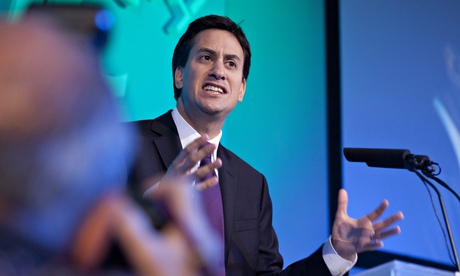
In higher education, 2014 feels a bit like 2009.
Back in August 2009, everyone knew that the dream of limitless economic growth was over. But it wasn’t at all clear what this would mean for universities, and for students (although, of course, the Lib Dems had pledged not to increase fees).
Clarity emerged a year or so later, after the May 2010 election, with the abolition of teaching subsidies and the shift of the full cost of teaching to students, with all that has followed.
Now, five Augusts later, another dream is over. Rather than resulting in a free market in higher education qualifications – with varying quality producing differential pricing and lower costs – the student loan book is unaffordable and the steely-eyed gatekeepers in the treasury are demanding that something is done. We’ll have to wait until after next year’s election to find out just what.
But 2015 will be different from 2010.
Ahead of the last election, there was a tacit agreement between the major political parties that no one wanted student fees to be a doorstep issue (the Lib Dems never imagined they’d be in power, so making promises to first-time voters seemed like a safe bet).
And so they created the Browne Review, deferring action until after the election. This time round, though, there is no Browne. This means that positions on post-16 education in general, including universities, will be in party manifestos for next year.
There’s still a way to go before manifesto positions become clear and, faced with the possibility of actually having to implement policies, there will be a degree of movement towards the safe middle ground. But the options that are being trailed at the moment reveal a very real split in the parties’ visions for universities.
For Labour, the lynchpin is a maximum fee of £6,000. This is an interesting number because, with some amount of variability, it’s the sort of fee that a good number of further education colleges are charging for university-validated degrees.
Labour is also highlighting the needs of “the other 50%” – those who do not go to university. And it has pledged to remove international students from estimations of net immigration, following practice in other counties.
For the coalition, whispers are of uncapped fees – or a new ceiling of £16,000, with conditions. The conditions are directed at solving the unaffordability of the student loan book. Parts of this, the chancellor said in his autumn statement last year, were to be sold off to fund expanded student enrolments through to 2020.
As soon as universities minister David Willetts had cleared his desk though, the business secretary, Vince Cable, announced that he wasn’t going to sell the loan book after all. And once free to speak from the back benches, David Willetts argued for universities to be given the right to buy their own student debt as an investment, which would be an incentive to get their graduates into high paid jobs and a condition for charging unrestricted fees.
The thinking behind this is that selling students’ debt to their own universities is preferable to selling the loan book on the general market because, it is assumed, this will provide incentives to recruit students who are more able to repay.
Evidently, Labour and the Tories have very different ideas about the future for universities. So while 2014 feels like 2009 because we are in the uneasy atmosphere ahead of a storm, waiting for something big and probably unpleasant, 2015 will not be like 2010 because there is no tacit agreement to take student funding off the agenda.
This could make the political outcomes of next year’s election very significant for universities, and for students.
Professor Martin Hall is vice-chancellor of the University of Salford.
More blogs by Martin Hall:
• Grade inflation? Maybe students are just working harder
• Why open access should be a key issue for university leaders
Join the higher education network for more comment, analysis and job opportunities, direct to your inbox. Follow us on Twitter @gdnhighered.







